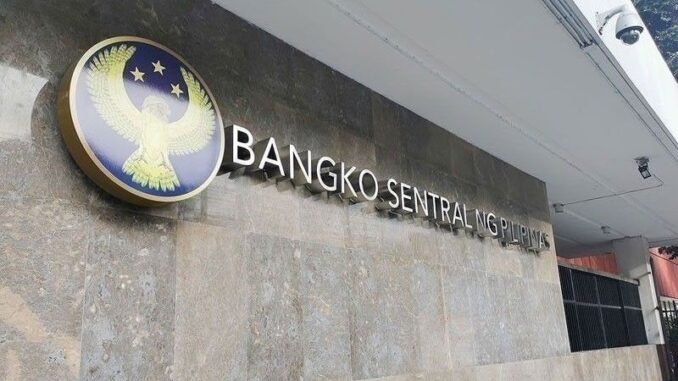
MANILA, Philippines — The Bangko Sentral ng Pilipinas will significantly lower banks’ reserve requirements before the end of the year and further cuts in 2025, which will infuse additional liquidity into the financial system, according to BSP Governor Eli Remolona.
In a media briefing yesterday, Remolona said the Monetary Board is still considering the timing of the cuts in reserve requirement ratios (RRR), but it will likely happen this year.
“We will reduce reserve requirements substantially this year and then there may be further reductions by next year,” Remolona said.
He said that banks are actively seeking reductions in reserve requirements and are offering to lower transaction costs on small-value fund transfers in exchange.
“We’re trying to manage (the discussions). But the idea is to reduce the reserve requirements in a substantial way,” he said.
Earlier in May, the BSP chief said the central bank is targeting to cut the RRR of universal and commercial banks by 450 basis points to five percent from the current level of 9.5 percent, the highest in the region.
The RRR is the percentage of bank deposits and deposit substitute liabilities that banks cannot lend out and must set aside in deposits with the BSP.
According to Remolona, the RRR cuts will not have an immediate impact to the economy as the BSP’s transmission mechanism has long lags.
“That’s partly because the markets are not deep and liquid. We take account of those lags,” he said. “At the same time, we’re trying to improve the liquidity of the markets to shorten those lags. But that’s an effort that will take some time.”
BSP assistant governor Zeno Abenoja said the RRR reduction is expected to release more liquidity into the financial system, which the BSP hopes banks will use to support productive economic activities.
Some of the liquidity will be deployed by banks in various financial markets, including government securities and equities, while some liquidity may remain with the BSP as deposits. Thus, this may take some time.
“So, there is expectation that the volume of operations may increase over the near term as banks prepare to deploy these funds productively into their fund, invest it or put it in their loan portfolio,” Abenoja said.
“But in the near term, the volume of the entire operations, including the BSP bills, may expand to help manage this liquidity that will be released to the system. That’s how we view what could happen over the near term,” he added.
The BSP has brought down the RRR for big banks to a single-digit level last year from a high of 20 percent in 2018.
In June 2023, the BSP lowered the RRR for universal and commercial banks as well as non-bank financial institutions with quasi-banking functions by 250 basis points to 9.5 percent from 12 percent previously.


Be the first to comment